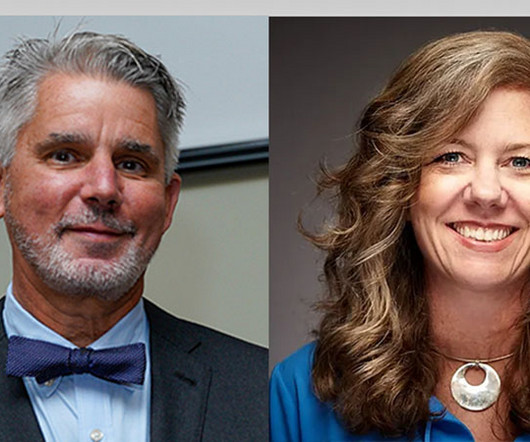Time to stop driving? Podcast with Emmy Betz and Terri Cassidy
GeriPal
JULY 21, 2022
Often the work of the certified driving rehab specialist is to assess the older drivers goals, assess prognosis for driving, and help the family navigate discussions around driving cessation (hmmm…sounds like an approach to family meetings). Love to talk about also in the serious illness population. Eric: Yeah.













Let's personalize your content